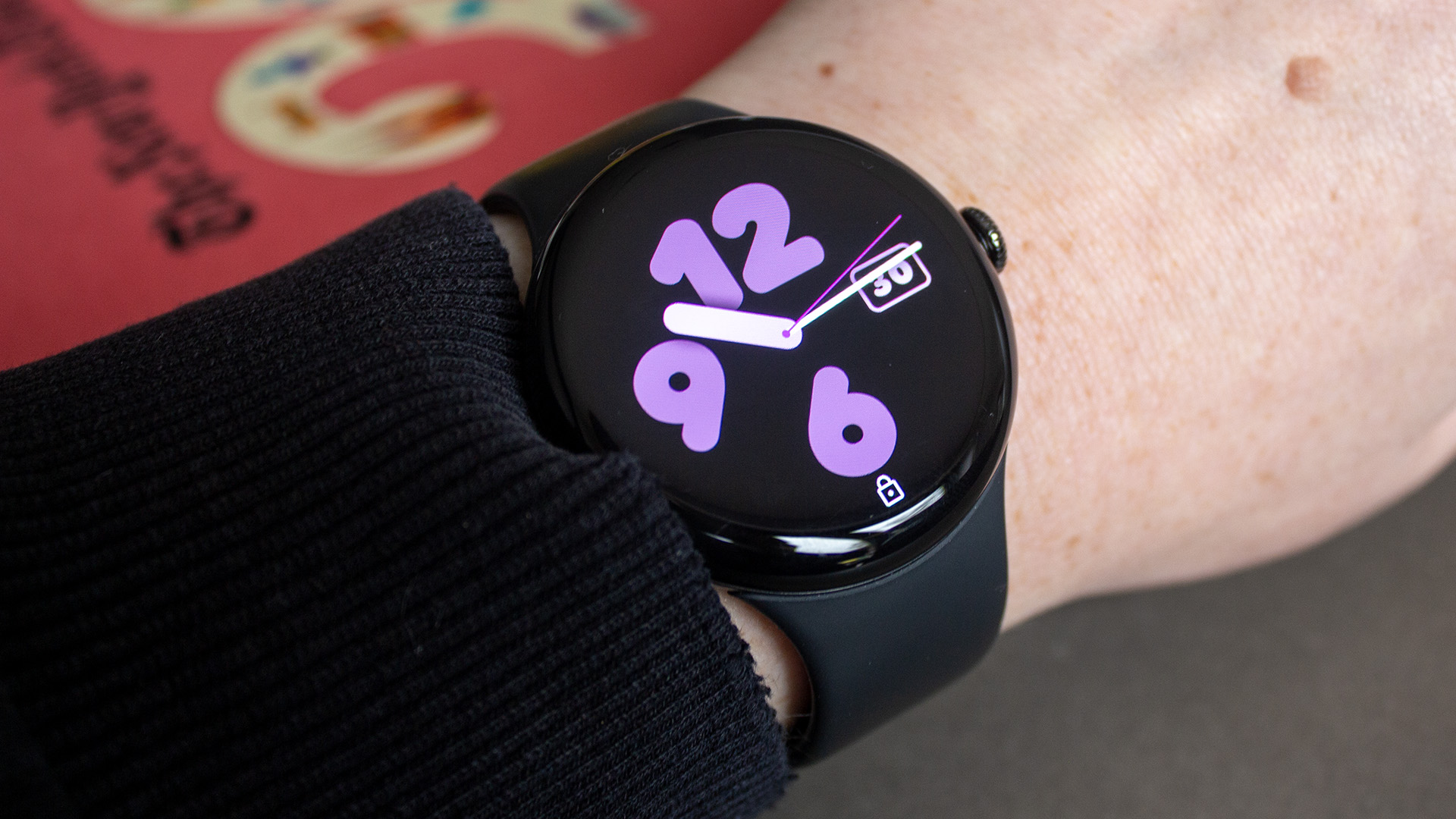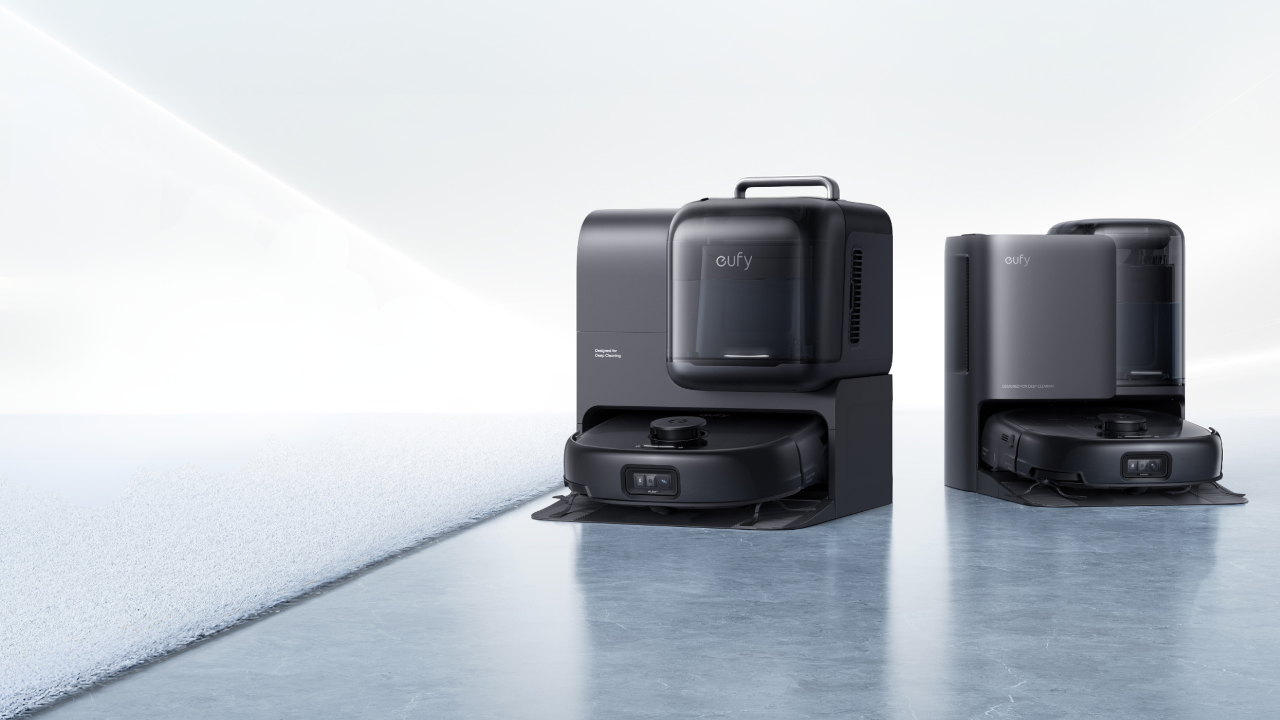

While much (or all) of the focus on the future of augmented reality might be getting sucked up by Apple at the moment, that represents just one sort of AR experience.
While it's extremely sophisticated, the Apple Vision Pro is also bulky and immersive rather than passive and unobtrusive, which is in stark contrast to Google Glass, which had some neat ideas before it was eventually shuttered.
However, a new entrant into the latter field is now on its way from Brilliant Labs. It is developing a pair of slimline smartglasses it's calling Frame, and they look at lot like they'll try to carry the torch that Google dropped.
The glasses look, for all the world, like regular specs, just a little chunkier and with two telltale bobbles at the end of their arms, which will rest behind your ears while you wear them.
These house the glasses' batteries, while their processors rest in the bridge above your nose. This will let the glasses offer up a heads-up display experience, with text and information displayed right in front of your eyes (or, in fact, one of your eyes, since it seems to only be on one side).
Frame will harness AI, apparently, to power responses to vocalised queries that you make, with on-board microphones to detect these, although it looks like this will be subject to some daily restrictions unless you subscribe to an as-yet unpriced subscription.
The glasses themselves do have a price, though, starting at $350 with international rates not announced. They'll apparently release in April this year, which means they're really not all that distant now.
Sign up to the T3 newsletter for smarter living straight to your inbox
Get all the latest news, reviews, deals and buying guides on gorgeous tech, home and active products from the T3 experts
There's absolutely no denying that from a design standpoint these look like an interesting option - they're as subtle a pair of smart glasses as we can remember seeing, even when compared to something like Meta's Ray-Ban smart glasses, which are given away by the camera lenses on board.
Still, time and hands-on experience will be the only way people can really tell if they work for them, and how well those AI features actually integrate into everyday life. They do at least have the capacity to house prescription lenses, so in theory these should be available to anyone who fancies a try.

Max is T3's Staff Writer for the Tech section – with years of experience reporting on tech and entertainment. He's also a gaming expert, both with the games themselves and in testing accessories and consoles, having previously flexed that expertise at Pocket-lint as a features editor.
-
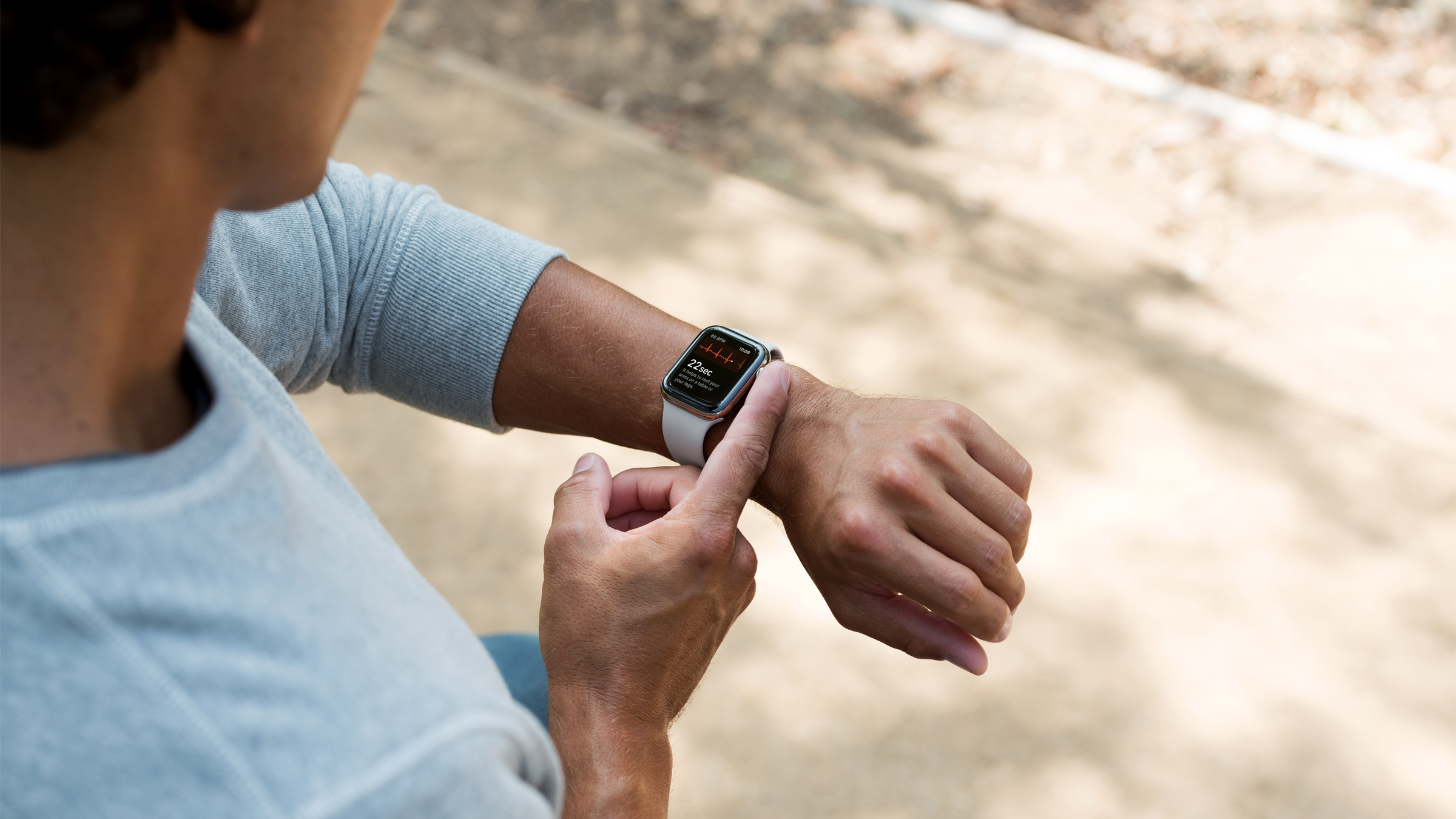 The top wearable trends in 2025, from smart rings and AR to fitness and more
The top wearable trends in 2025, from smart rings and AR to fitness and moreWearables are set to have a big year
By Max Slater-Robins
-
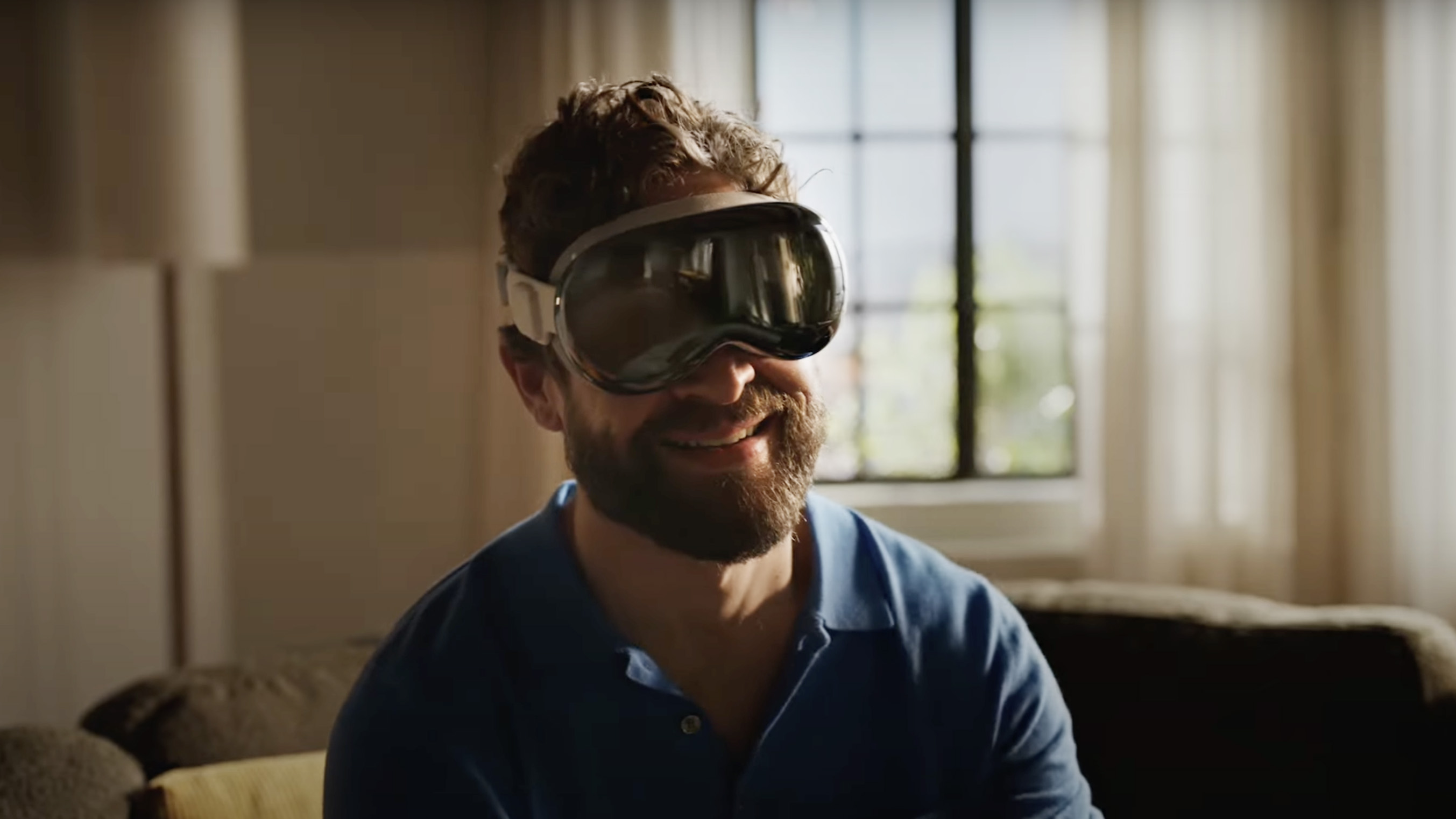 Apple to go toe-to-toe with Meta – smart glasses expected
Apple to go toe-to-toe with Meta – smart glasses expectedThe brand is upping its spatial computing game – here's when to expect it
By Sam Cross
-
 Ray-Ban Meta smart glasses are getting a whole lot smarter soon
Ray-Ban Meta smart glasses are getting a whole lot smarter soonMeta set to add new AI features through numerous updates
By Rik Henderson
-
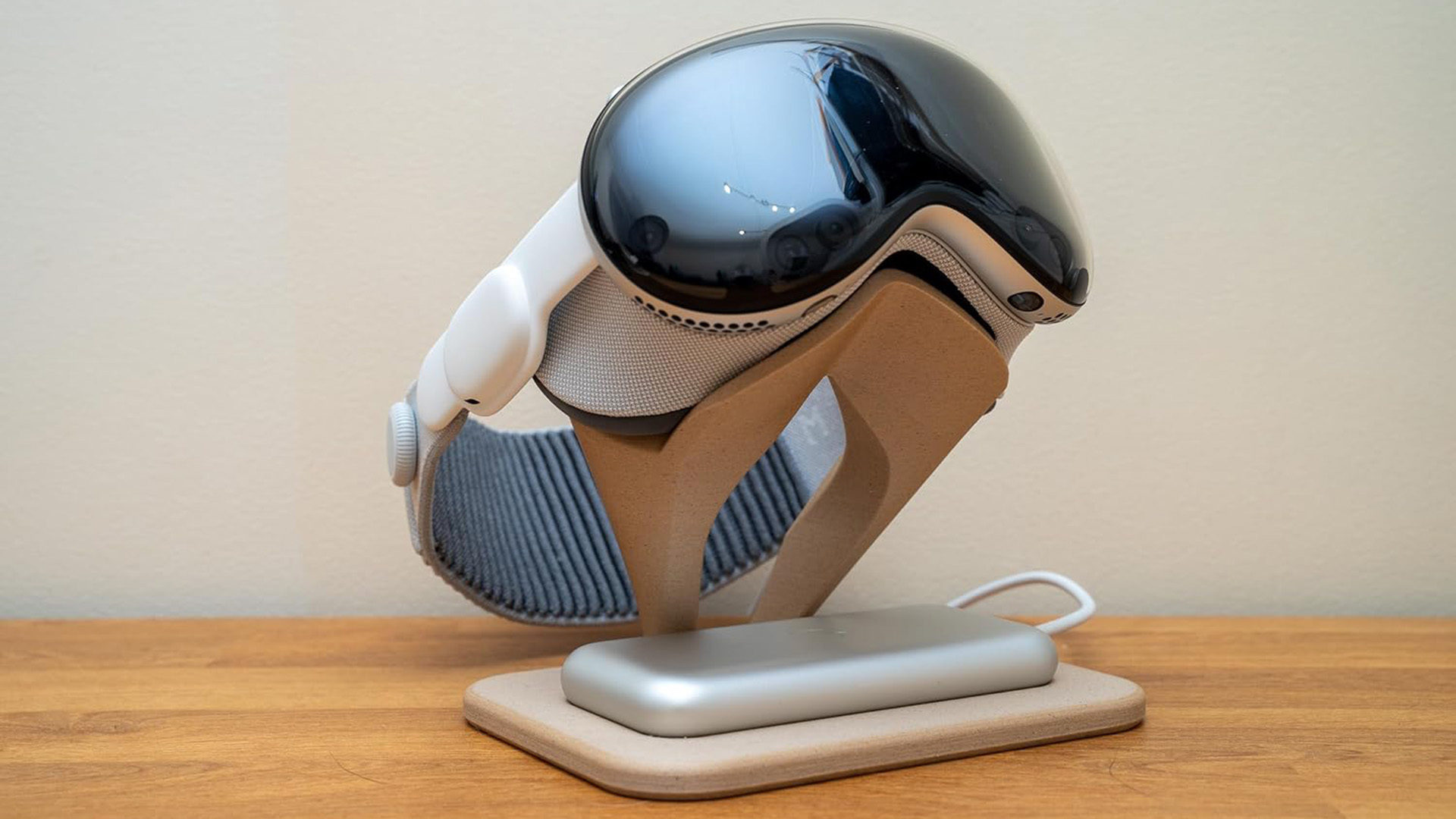 Samsung's Vision Pro rival could come with a neat charging case
Samsung's Vision Pro rival could come with a neat charging caseSamsung might be cooking something up
By Max Freeman-Mills
-
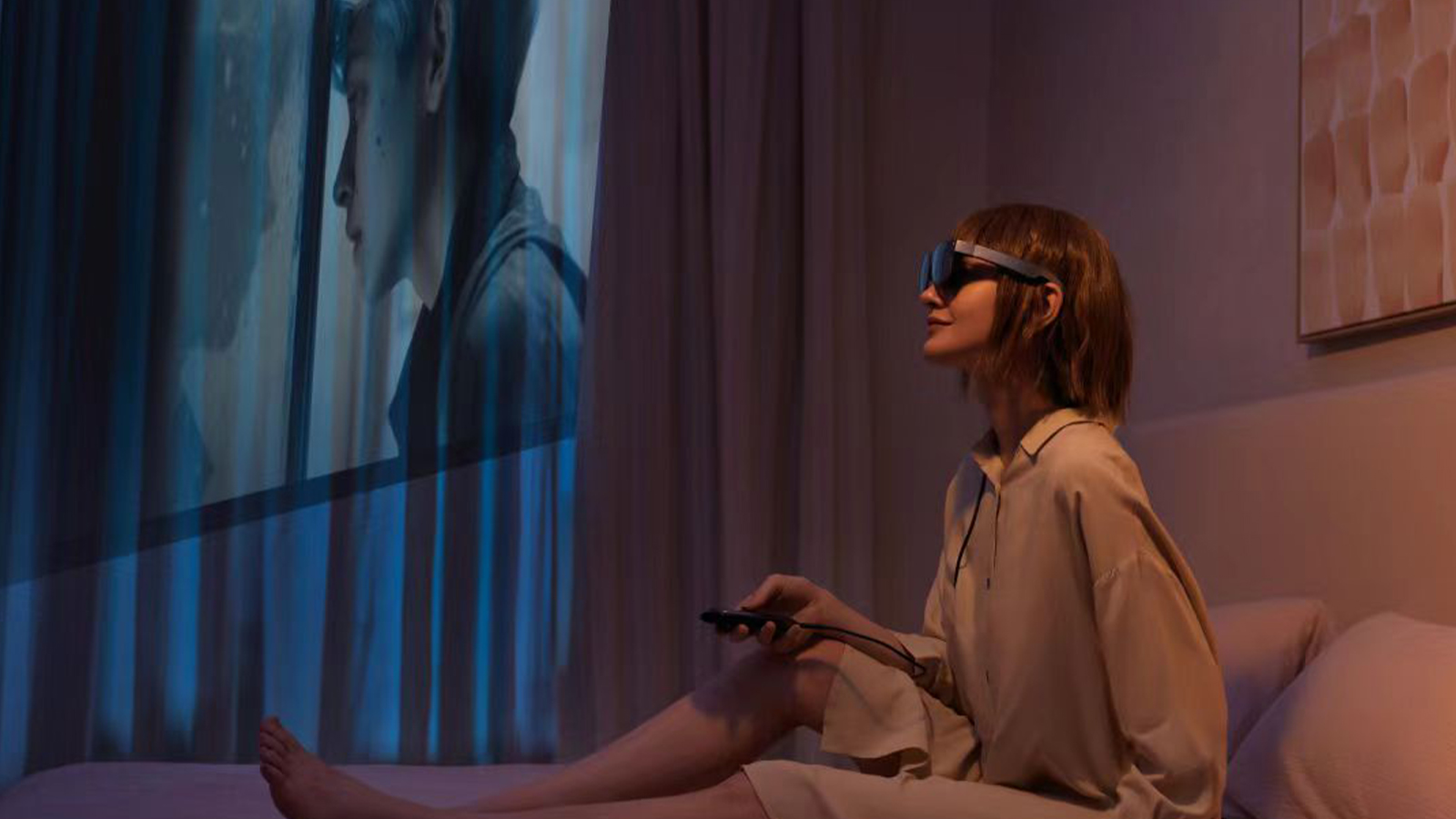 TCL announces new smart glasses – the future is (almost) here
TCL announces new smart glasses – the future is (almost) hereWho will make the first essential pair of smart glasses?
By Andy Sansom
-
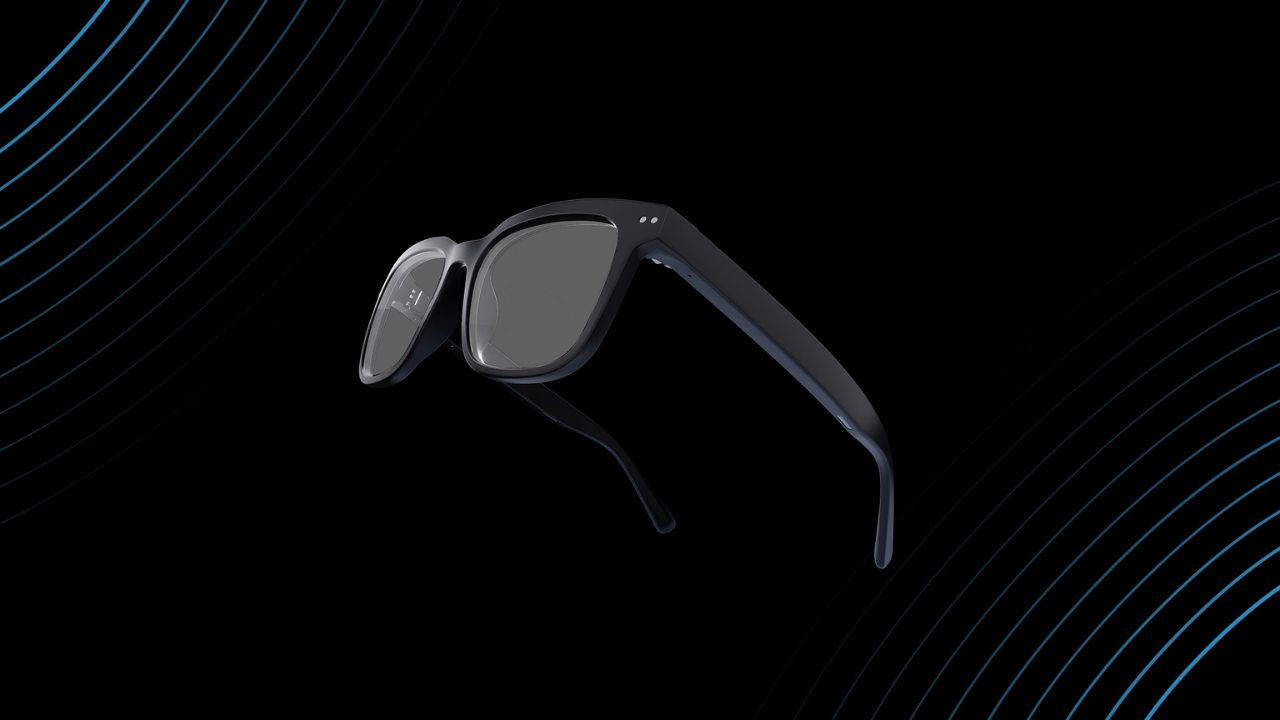 Forget hearing aids — these smart glasses can amplify voices to help those hard of hearing
Forget hearing aids — these smart glasses can amplify voices to help those hard of hearingThe Nuance Audio glasses from EssilorLuxottica are made for people with mild or moderate hearing loss
By Lizzie Wilmot
-
 This Ray-Ban Meta feature has me sold on smart glasses
This Ray-Ban Meta feature has me sold on smart glassesMischief managed
By Andy Sansom
-
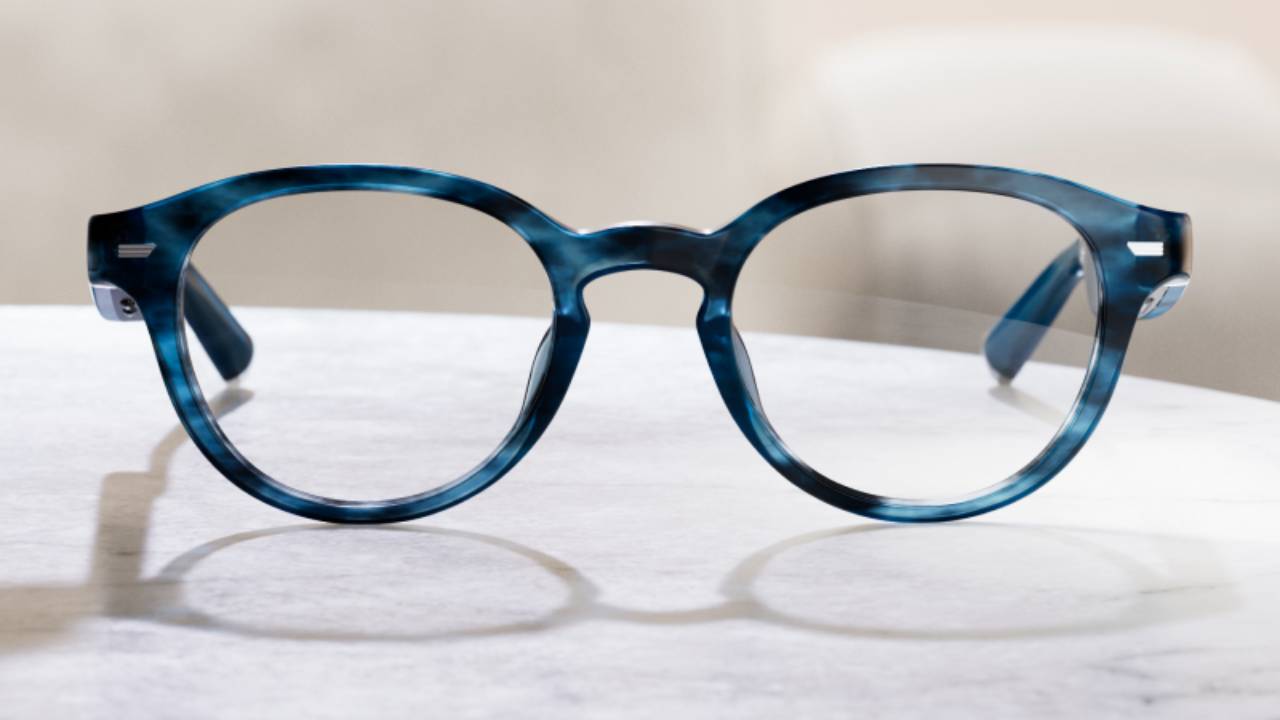 Amazon Echo Frames get major audio and battery life upgrades
Amazon Echo Frames get major audio and battery life upgradesAdd Alexa to your glasses with the new and improved Echo Frames
By Bethan Girdler-Maslen
